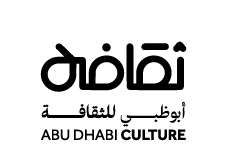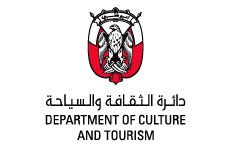Explore popular searches
Saadiyat Cultural District
Abu Dhabi Museums
Cultural Heritage
Cultural Sites
Cultural Programmes
Cultural Resources and Policies

 `
`



